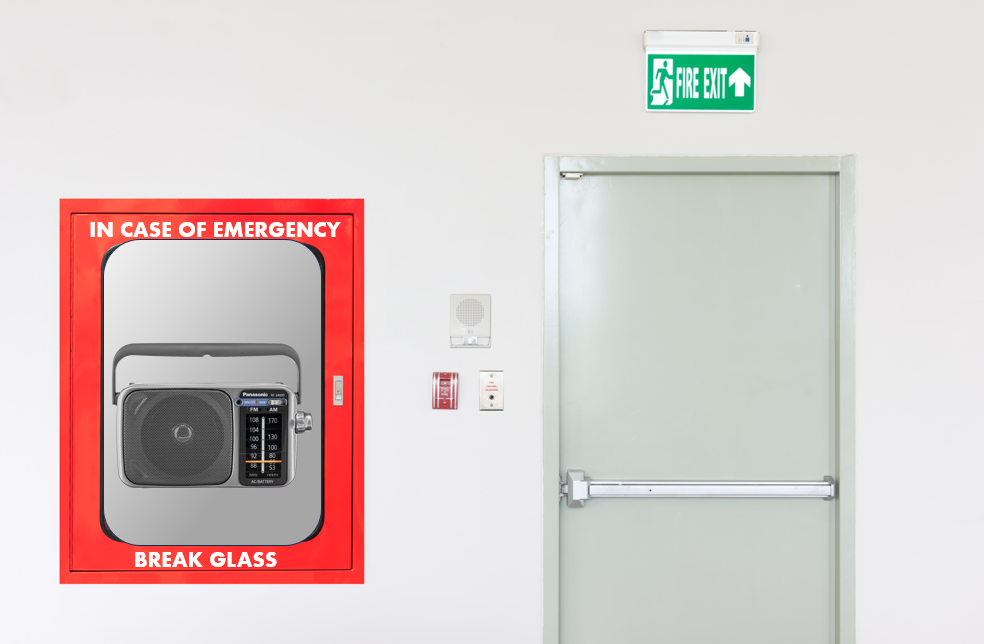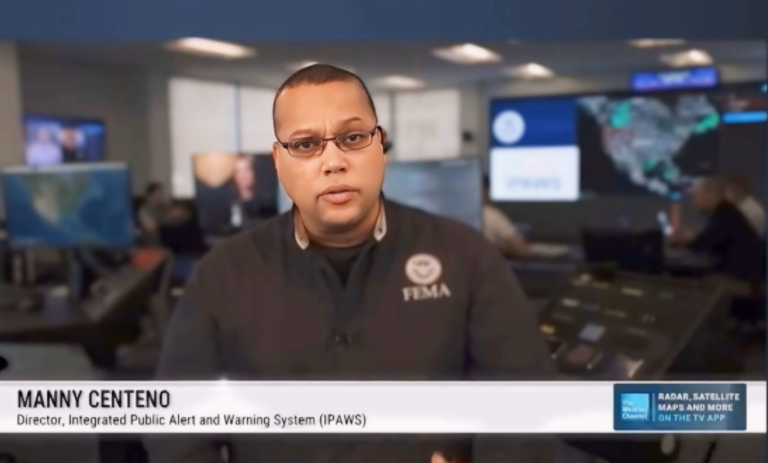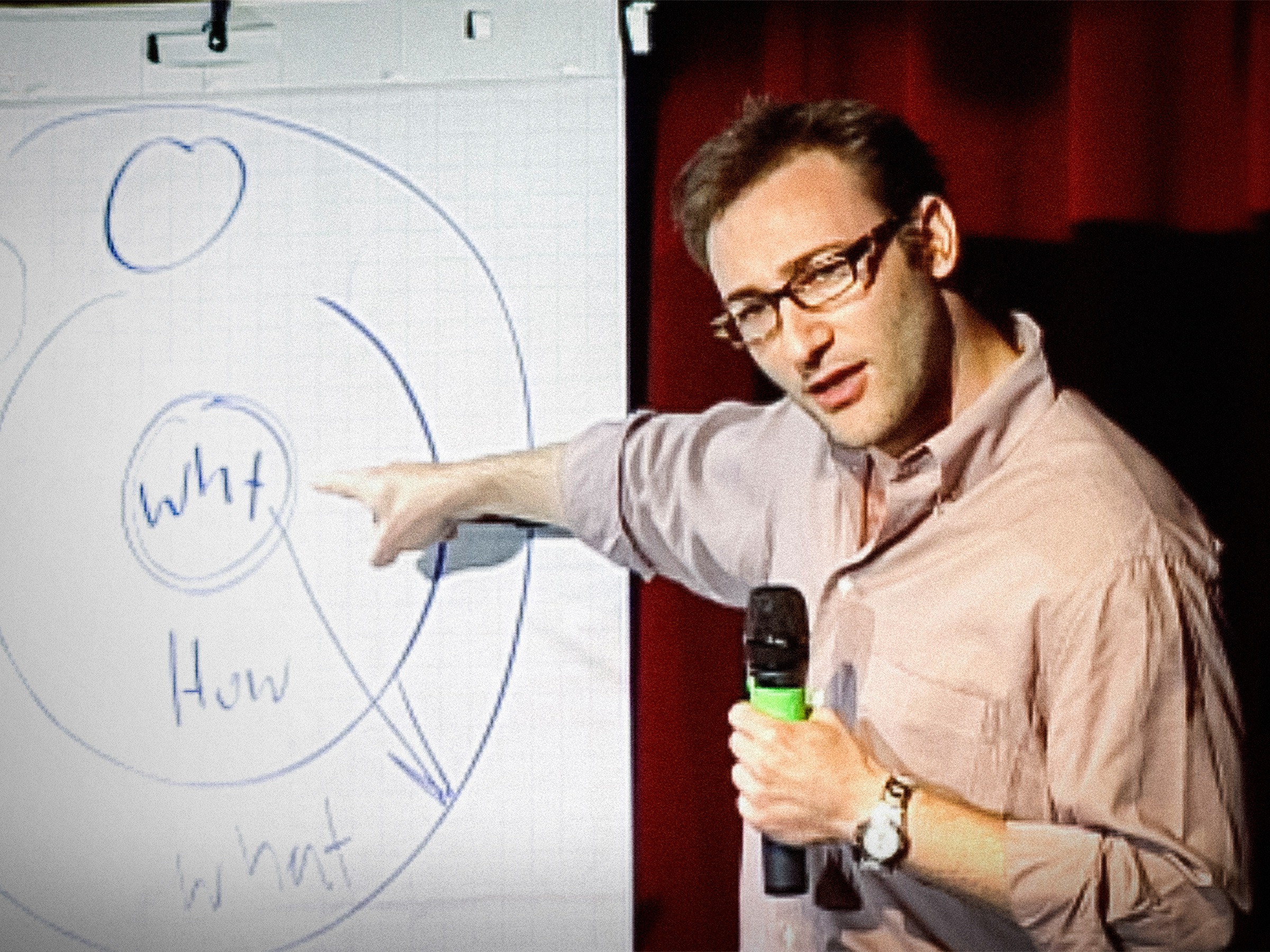
This is a post I didn’t want to write. In fact, I felt myself veering away from it most of last week. But here we are, in the middle of another epic natural disaster trying to make sense of it all. Not surprisingly, local radio is right square in the middle of it.
Honestly, I feel like I’ve written this before – about Katrina, Honolulu, wildfires in Northern California, and the lengthening list of so-called once-in-a-century large-scale disasters. I’m not going to discuss the climate change issue. I’ve touched the hot coals before and I’m in no mood to wrestle with trolls who have nothing better to do but point fingers and politicize this tragedy.
The bottom line is that these disasters are immensely costly. After all is said and done, hundreds will have lost their lives, thousands have watched their homes and businesses get washed away, and billions of dollars will be earmarked to try to “fix” the ravaged areas. That is, until the next freak of nature event arrives (as soon as this week when Hurricane Milton and Tropical Storms Leslie and Kirk may show up or turn into hurricanes, too).
For Asheville, a city I know well, words cannot describe just how sad this is. I fear that like so many similar tragedies, this one will be out of the news cycle soon. After all, Asheville is just market #155. And as I heard a political pundit say last week, a reason we aren’t hearing more talk from candidates about this issue is that “Climate doesn’t test.” That may have a degree of validity during an election cycle when the issue is overshadowed by more “popular” issues, like inflation, immigration, and abortion. This year, they are the Big 3. But in research we’ve been conducting for public radio news stations over the past several years, “environmental news” (that’s how we typically word it) is of very strong interest in market after market.
Be that as it may, the way this horrible storm and its aftereffects are being covered by the national media is all too familiar. Like in so many of these dire situations, the power goes out, cell service is spotty at best, and Internet access may be nonexistent.
Which leaves it to broadcast radio, once again, to be the heroes.
And from everything I’ve read, that’s been especially the case in Asheville where a number of radio groups immediately stepped into the fray, providing life-saving coverage to their community, as well as providing comfort for those devastated by Helene’s wrath. The Saga and iHeart stations, as well as Blue Ridge Public Radio – among others – have done what we all believe radio does best. We expect that reaction from radio, and rarely does it let its communities down.
But this year is different. That because all this is happening at a time when RIFs, buyouts, and layoffs have become routine. Jobs and positions are being eliminated, and “normal operations” have become anything but. And in this environment, “skeleton crews” (and yes, I get the irony) are being asked to do in 2024 what full staffs were charged with doing just a couple of decades ago.
Of course, all of this points to the need for the passage of the “AM Radio For Every Vehicle Act,” still pinballing through the halls of Congress, an ever-annoying process especially if you might end up owning a new model car or truck while living in next year’s weather-ravaged communities.
As FEMA’s new director of IPAWS (Integrated Public Alert and Warning System) Manny Centeno (pictured below) explained to Radio World‘s Randy Stine, “Multiple natural disasters have highlighted that there is no substitute for AM radio. When other forms of communication have failed in the past, broadcast radio has remained operational.”

via Radio World
Paul and I first met Manny at a meeting convened by a group of state broadcast association executives in Las Vegas back in 2023. He is an important supporter of the power of AM radio – which he refers to as “an essential lifeline” – to remain operational while other communication sources go down.
Manny is a dedicated public servant and a dedicated believer in radio as a primary emergency alert warning aid in FEMA’s tool kit. In tragedy after tragedy, he’s witnessed the failure of cell phone towers and the Internet to hold up under the pressure of tornadoes, hurricanes, wildfires, and other community-wide disasters.
He’d get no argument from the hundreds of thousands of Ashevillians who have depended on local radio – both AM and FM stations – for updates, information, comfort, and guidance therapy during yet another American weather tragedy.
Radio Ink spoke to one such resident of the community, Denise Potter, who was especially effusive about radio in general, as well as specific stations, for the amazing work they’ve been doing during this crisis:
“These guys on the radio, on the iHeart radio stations out of Asheville, have been amazing. Every day I just cry listening to these stories, but I cannot tell you how much they have helped so many people. And they’ve been in tears too. They tell people ‘I love you.’ They don’t even know them and they’re telling them ‘I love you.’ I know that means a lot to people who have lost everything, even though they’re perfect strangers.
“It’s been a godsend for so many people across Western North Carolina to hear their voices, to hear the press conferences from Governor Cooper and hearing where there’s help and hearing that help is coming from FEMA or where churches are setting up where people can go get food or take a shower or anything.
“People would never know this. They would never know this information if it wasn’t for these guys and gals on the radio. So I can’t say enough about radio for being there for everyone. I just can’t even describe it. I don’t know what people would have done without this radio. I really don’t.”
The city of Asheville understands and appreciates radio’s vital contribution to informing constituents about this emergency. Here’s one of their web posts urging the locals to listen to hometown broadcast radio stations for info and briefings:

To understand just how important a role radio is still playing in the Asheville community and other areas impacted by Helene, a conversation with a radio person on the ground was an eye-opener for me.
I spoke with Steve Richards, Operations Manager for Saga’s Asheville Radio Group. Steve and his small team are understandably exhausted – emotionally and physically. And their job – along with community leadership and being residents – is nowhere near over. Not by a long shot.
small team are understandably exhausted – emotionally and physically. And their job – along with community leadership and being residents – is nowhere near over. Not by a long shot.
Steve fought back the emotions in explaining to me the depth of the damage in his beautiful town, as well as the excruciating waits to restore electricity and water supplies.
We talked extensively about radio’s role in the coverage of Helene, and while applauding his own staff, he gave the iHeartMedia and Blue Ridge Public Radio crews heartfelt shoutouts for their hard work and valued service during this crisis.
Steve also sent me this phone call with one of his listeners, sadly representing what it’s been like to live through this crisis in the community. This is Jenn from Weaverville, a town of under 5,000 people just north of Asheville:
I’ve worked with Steve at WMGK and WCSX, and in other situations in recent years. The most in-depth issue we talked about in the past was whether to move “More Than A Feeling” from power to secondary. Being on the air for hours, hearing the pain and anguish from his listeners, being the conduit of information for his community – it’s a powerful and heavy responsibility at times like these. He also feels the depths of the tragedy when he gets home for short breaks as his wife is an ER nurse at one of the local hospitals.
Yesterday, Steve gave me the straight shot about a tragedy of this magnitude and the role radio plays:
“THIS is our ‘why.'”
And in situations like Asheville, is there any question the locals would be happy to vote on passing that bill mandating AM in new cars and trucks?
But even on mild days when the weather is within normal parameters, more than a third of core radio fans say a main reason why they listen is for weather emergency information. (You have to wonder how many of them have experienced one of these extreme weather events in the past.)

And in the world of dashboard metadata, is it a surprise the #2 most desired message on those screens in cars is emergency weather information. For those able to still drive their vehicles – or use them to listen to broadcast radio – this is more affirmation that radio during stressful times matters. A lot.

I’m sure that at the NAB gathering in 2025, there will be several Marconi nominations and awards for the heroic coverage in and around the Asheville area during this emergency event – and deservedly so. But these honors are becoming too frequent as life in America seems to jump from emergency to emergency.
As a result, the NAB might be wise to seize the moment and create a new awards category: the Marconi for Best Coverage in an Emergency, and give them out in large, medium, and small markets. In this way, those stations thrown into emergency coverage would be appropriately honored while stations just doing great radio would receive their coveted glass awards, too.
Back to Asheville, denizens aren’t expecting to get this often lifesaving info from Spotify, satellite radio, or podcasts. They know better. These are the times they count on local broadcast radio to deliver this vital information. And local radio once again comes through when it matters.
Interestingly, Asheville is another market where Saga has launched one of those local news apps I’ve written about for more than a year. “828 News Now” has no branding for Saga, but is a wonderful news resource on normal days – essential on days like this. In so many markets particularly of this size, credible local news has become scarce. Oftentimes, what passes for the local newspaper is a thin, syndicated product with a barebones newsroom. When I pulled it up “828 News Now” this morning, here’s the information I received on-demand on my mobile phone:

So, here we are again. At another sadly familiar moment in time when there’s a dire need for reliable information – and companionship – good old radio is there once again to serve – whether there are ads to run or not. No conspiracy theories, no politicization, no angry name-calling – just straight ahead coverage when it’s needed most.

Simon Sinek: What’s Your Why?
Every radio person I’ve ever worked with has an intrinsic understanding of service to the communities their stations are licensed to. I’m sure every radio broadcaster reading this post knows that if a similar set of circumstances were to occur in their markets, they’d perform as valiantly and as tirelessly as these Asheville radio heroes.
Radio and its dedicated people are sadly under-appreciated for many of the wonderful things they do – on a good day. During a crisis like the one that sadly chose Asheville to be the victim, the local stations stepped up big time.
It’s their “why.”
Thanks to Chris Brunt for the “push” and for Steve Richards for talking to me at this truly difficult time. – FJ
Originally published by Jacobs Media









